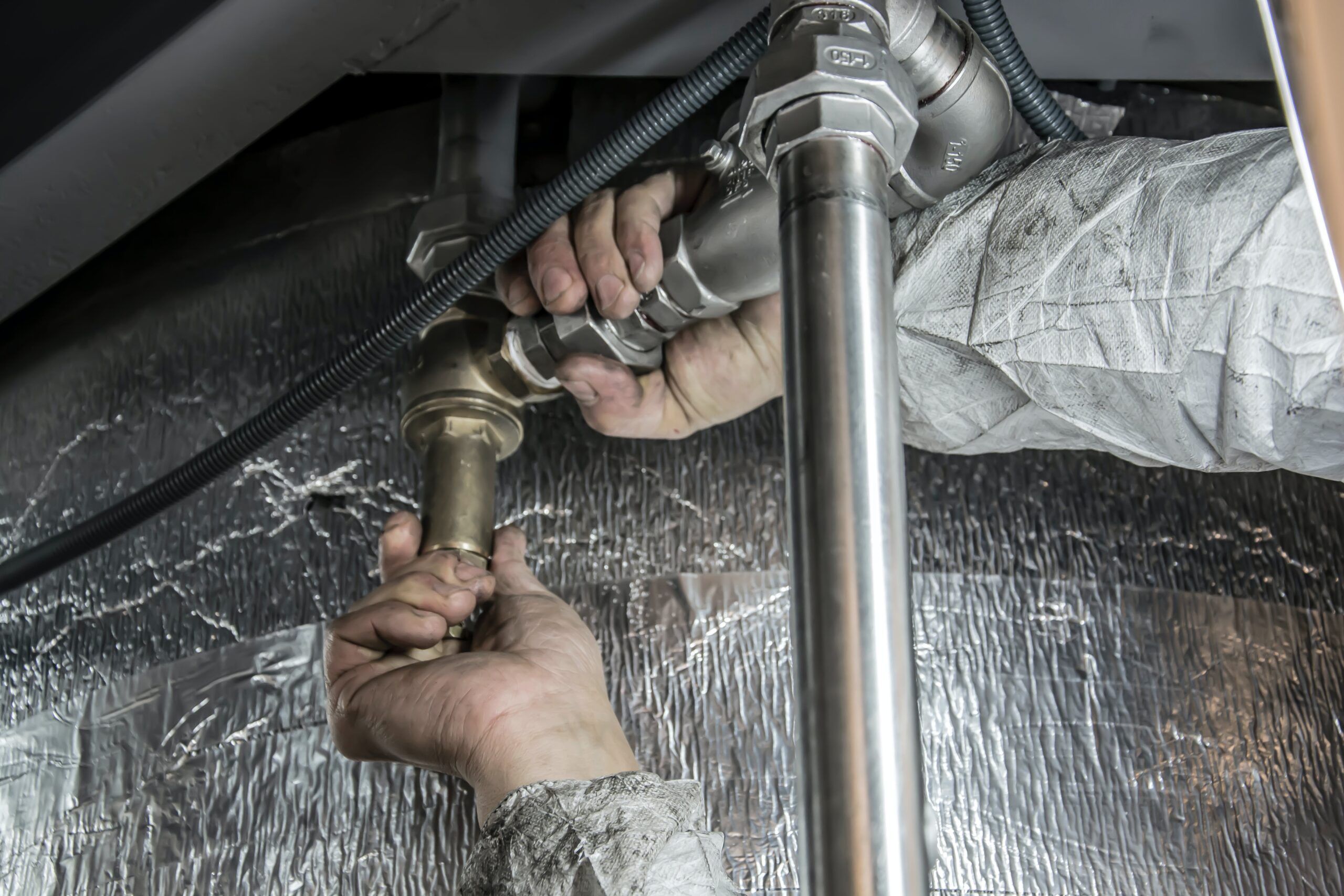Polybutylene, often referred to as Poly B, was once a popular choice for plumbing in residential and commercial buildings due to its low cost and ease of installation. However, the material’s reputation has been tarnished over the years, primarily because of its susceptibility to issues such as leaks and breakage. In this comprehensive guide, we will provide an overview of Poly B plumbing, its common issues, and the reasons behind the increasing need for polybutylene pipe replacement.
Understanding Poly B Plumbing
Polybutylene is a type of plastic resin that was widely used for water supply piping between the late 1970s and mid-1990s. It was preferred for its flexibility, making it easy to install and cost-effective. The pipes are typically gray in colour, but they can also be found in blue or black varieties.
Advantages of Poly B Plumbing
- Affordability: Poly B pipes were inexpensive, making them an attractive option for builders and homeowners on a budget.
- Easy Installation: The flexibility of Poly B pipes made them relatively easy to install, reducing labour costs.
- Resistance to Corrosion: Poly B pipes do not corrode, which was a significant advantage over metal pipes.
Common Issues with Poly B Plumbing
Despite its initial popularity, Poly B plumbing has several significant issues that have led to the need for polybutylene pipe replacement.
- Leaking Pipes: Poly B pipes are prone to developing small cracks and leaks over time, especially at connection points. These leaks can lead to water damage and mould growth if left unaddressed.
- Frequent Breakage: The material becomes brittle with age and exposure to chlorine in the water, making the pipes vulnerable to breakage and rupture.
- Reduced Longevity: Poly B plumbing has a relatively short lifespan compared to other materials, which often necessitates premature replacement.
- Chlorine Sensitivity: Poly B is highly sensitive to chlorine and other oxidants, which can accelerate the degradation of the pipes and lead to failures.
The Need for Polybutylene Pipe Replacement
Due to the common issues associated with Poly B plumbing, many property owners are now considering polybutylene pipe replacement. Here are some reasons why replacement is often the best course of action:
1. Preventing Water Damage
The most immediate concern with Poly B plumbing is the risk of leaks and water damage. Leaking pipes can cause structural damage to your home, including rotting wood, damaged drywall, and even foundation problems. Replacing Poly B pipes can help prevent costly water damage repairs.
2. Avoiding Mold and Mildew
Water leaks from Poly B pipes can create a damp environment conducive to mould and mildew growth. Mould not only damages your property but can also pose health risks to occupants. Replacing the pipes eliminates the conditions that promote mould growth.
3. Enhanced Safety
Brittle Poly B pipes are prone to breakage, potentially leading to sudden, severe leaks. These breaks can flood your property and create hazardous conditions. Replacing Poly B plumbing with more reliable materials enhances safety.
4. Improved Plumbing System Longevity
Poly B pipes have a shorter lifespan compared to more modern plumbing materials like copper or PEX. By investing in polybutylene pipe replacement, you ensure the longevity of your plumbing system and reduce the risk of future issues.
5. Higher Property Value
Properties with Poly B plumbing may have reduced resale value and can deter potential buyers who are aware of the material’s issues. Replacing Poly B pipes can improve your property’s value and marketability.
Polybutylene Pipe Replacement Options
When it comes to replacing Poly B plumbing, property owners have several options to choose from:
- Copper Pipes: Copper pipes are a durable and reliable choice for plumbing. While more expensive than some alternatives, they have a long lifespan and are resistant to corrosion.
- PEX (Cross-Linked Polyethylene): PEX pipes have become increasingly popular due to their flexibility, cost-effectiveness, and resistance to corrosion and freezing. They are a suitable replacement for Poly B plumbing.
- CPVC (Chlorinated Polyvinyl Chloride): CPVC pipes are resistant to the effects of chlorine, making them a good choice for those concerned about the water’s chemical impact on their plumbing.
- Choosing the Right Replacement Material: The choice of replacement material depends on your specific needs, budget, and the local plumbing codes. Consulting with a professional plumber is advisable to determine the most suitable option for your property.
Conclusion
Poly B plumbing, once a popular choice for its cost-effectiveness, has fallen out of favour due to its common issues with leaks, breakage, and reduced longevity. For property owners with Poly B plumbing, the decision to invest in polybutylene pipe replacement is often a wise one. Replacing Poly B pipes can prevent water damage, protect against mould growth, enhance safety, and improve your plumbing system’s longevity.
When considering replacement, explore the various materials available, such as copper, PEX, and CPVC, and consult with a professional plumber to make an informed decision. By addressing the common issues associated with Poly B plumbing, you can ensure the safety and longevity of your plumbing system.
